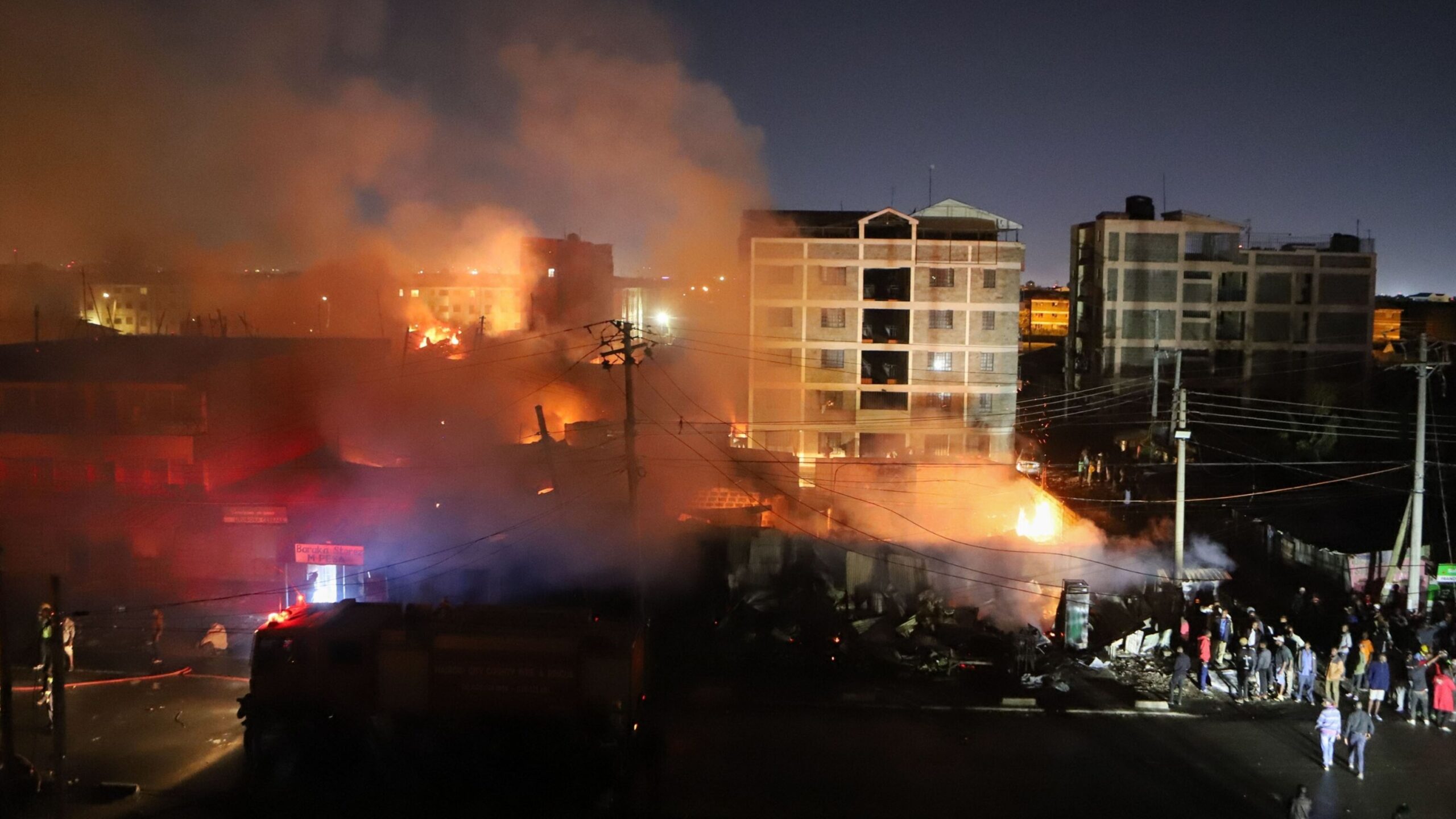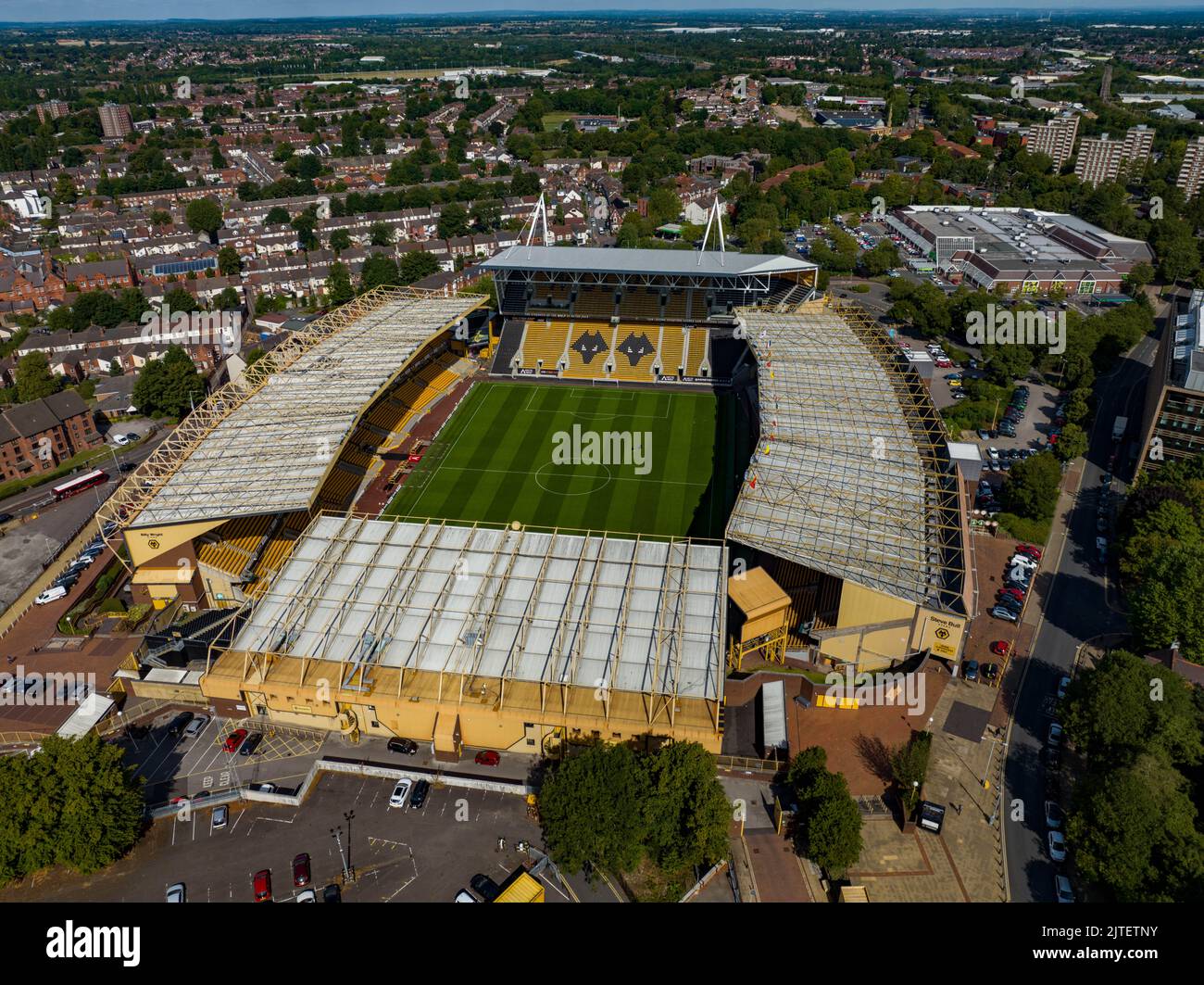Nairobi: Exploring Growth, Challenges and Cultural Vibrancy

Introduction
Nairobi, the capital city of Kenya, stands as a vital hub in Eastern Africa, known for its impressive mix of culture, commerce, and biodiversity. As one of the fastest-growing cities in Africa, its development reflects the economic and social dynamics of the region. The importance of Nairobi cannot be overstated, as it plays a critical role in the economic landscape of East Africa, attracting businesses, tourists, and a diverse population.
Current Economic Developments
In 2023, Nairobi has continued to witness substantial growth in various sectors, particularly technology, finance, and tourism. The city has earned the nickname ‘Silicon Savannah’ due to its burgeoning tech ecosystem, with numerous startups emerging in recent years. The government has implemented initiatives to bolster this growth, including the Nairobi Innovation Hub, which fosters entrepreneurial activities and attracts international investments.
Additionally, Nairobi’s strategic location serves as an important logistical hub for goods entering and leaving Africa. The expansion of the Nairobi Expressway, which was completed in 2022, has significantly improved traffic flow, decreasing commute times and enhancing business operations within the city.
Challenges Faced by the City
However, Nairobi faces numerous challenges that accompany rapid urbanisation. Overcrowding is a pressing issue, with an increasing population straining the city’s infrastructure. According to the Kenya National Bureau of Statistics, the population of Nairobi has grown to over 4.5 million, leading to a heightened demand for housing, transport, and public services.
Furthermore, Nairobi struggles with environmental concerns, particularly related to waste management. The Dandora dump site, one of the largest in Nairobi, has raised significant health and environmental alarms, prompting community activists to demand urgent action from local authorities.
Cultural Significance
Amidst these challenges, Nairobi’s cultural vibrancy remains a highlight. The city is home to a rich tapestry of ethnic communities and traditions, reflected in its cuisine, music, and festivals. From the Maasai Market to the Nairobi National Museum, visitors can immerse themselves in the city’s diverse cultural offerings. The Nairobi International Film Festival is also a growing promotion for the local film industry, showcasing talent and fostering creativity.
Conclusion
As Nairobi continues to evolve, its ability to harness opportunities while addressing pressing challenges will be crucial. The city stands at a crossroads; by promoting sustainable urban planning and investing in infrastructure, it can further secure its place as a leading African metropolis. For residents and stakeholders, the future of Nairobi presents both significant challenges and exciting possibilities, with the potential to solidify its status as a beacon of growth and cultural richness in the region.
You may also like

Exploring Wolverhampton: A Gateway to Culture and History

The Unique Biodiversity and Culture of Madagascar

Gurpurab: Celebrating the Birth of Sikh Gurus
SEARCH
LAST NEWS
- Remembering Wendy Richard: The Promise to Co-Star Natalie Cassidy
- How Did Anglian Water Achieve an ‘Essentials’ Rating for Mental Health Accessibility?
- Shai Hope Leads West Indies in T20 World Cup Clash Against South Africa
- What We Know About Weston McKennie: Future at Juventus and Past at Leeds
- What We Know About the Upcoming Live Nation Antitrust Trial